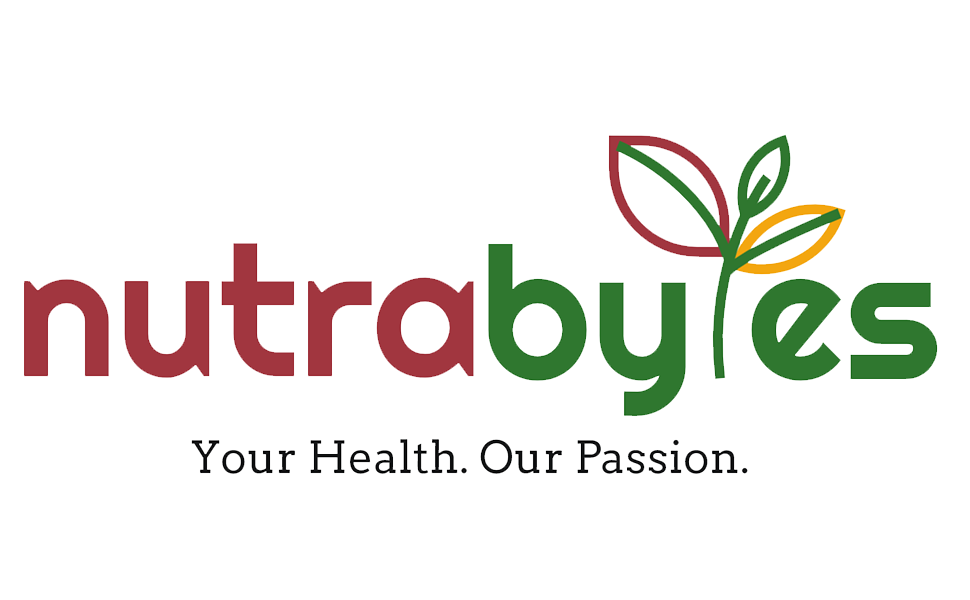Magnesium is a vital mineral that plays a crucial role in numerous bodily functions, including muscle and nerve function, blood sugar regulation, and bone health. Despite its importance, many individuals do not consume adequate amounts through diet alone, leading to potential deficiencies.
Understanding Magnesium
Magnesium is involved in over 300 biochemical reactions in the body. It aids in energy production, supports muscle and nerve function, and contributes to the structural development of bones. Additionally, magnesium helps regulate blood pressure and is necessary for the synthesis of DNA, RNA, and the antioxidant glutathione.
Health Benefits of Magnesium
- Energy Production: Magnesium plays a crucial role in converting food into energy, helping to combat fatigue and support daily vitality.
- Muscle and Nerve Function: It aids in muscle relaxation and nerve transmission, reducing the risk of cramps and spasms.
- Bone Health: Magnesium contributes to bone density, working synergistically with calcium and vitamin D to maintain strong bones.
- Heart Health: Adequate magnesium levels are associated with a reduced risk of cardiovascular diseases, as it helps regulate blood pressure and supports heart rhythm.
- Stress Reduction: Magnesium has been shown to modulate the body's stress-response system, potentially alleviating symptoms of anxiety and promoting relaxation.
Sources of Magnesium
Incorporating magnesium-rich foods into your diet is an effective way to maintain adequate levels. Some excellent sources include:
- Leafy Green Vegetables: Spinach and kale are particularly high in magnesium.
- Nuts and Seeds: Almonds, cashews, and pumpkin seeds are great options.
- Whole Grains: Brown rice, quinoa, and whole wheat bread provide substantial amounts.
- Legumes: Black beans, chickpeas, and lentils are beneficial additions.
- Fatty Fish: Salmon and mackerel not only offer magnesium but also provide omega-3 fatty acids.
Magnesium Supplements
For those unable to meet their magnesium needs through diet alone, supplements can be a convenient option. Various forms are available, each with specific benefits:
- Magnesium Citrate: Known for its high bioavailability, making it easily absorbed by the body.
- Magnesium Glycinate: Gentle on the stomach and less likely to cause laxative effects.
- Magnesium Oxide: Often used to relieve digestive issues like heartburn and indigestion.
It's important to consult with a healthcare professional before starting any new supplement regimen, as excessive magnesium intake can lead to adverse effects such as diarrhea, nausea, and abdominal cramping.
Conclusion
Embracing magnesium supplementation can be a transformative step toward enhanced health and vitality. Whether you're aiming to boost energy, support muscle and nerve function, or improve bone health, Nutrabytes offers a magnesium product tailored to your needs. Explore our range and embark on your journey to better health today.














